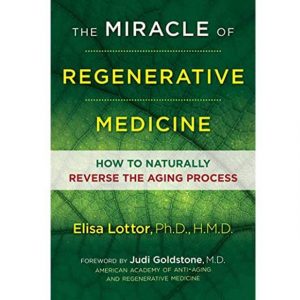Weight Gain and It’s Causes
Contact Us Online
Our Office
I have been going to Dr. Goldstone for about 2 years. She has helped me tremendously. I was not feeling well and things are much better. The aging process is more difficult than I expected. Dr. Goldstone is very thorough and has good ideas for improving health. The office staff is great – very…
— Liz Turner
Dr. Goldstone was very helpful in getting my hormones regulated and my energy increased. I would recommend her highly.
— Kelly Young
Get In Touch With Us


